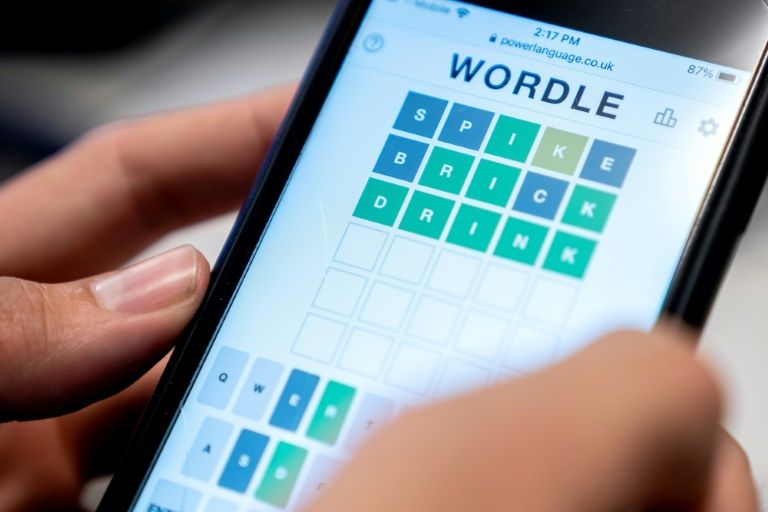The New York Times is taking action to protect its intellectual property rights by sending Digital Millennium Copyright Act (DMCA) takedown notices to developers who have created games similar to its popular Wordle puzzle. This move has sparked intense debate over copyright infringement, creativity, and the boundaries of intellectual property rights in the digital age.
According to reports by tech journalism site 404, developers have received notices from The New York Times asserting ownership of elements such as the game’s 5×6 grid and the display of green tiles for correct letter guesses. The newspaper’s copyright campaign comes two years after it acquired Wordle from its creator, Josh Wardle, and incorporated it into its game package, available as part of a subscription or for purchase separately.
Some developers expressed their disappointment and frustration on social media. Australian linguistics lecturer Jayden Macklin-Cordes, creator of the Australian version of Wordle called AusErdle, lamented the end of his project due to the DMCA notice received from The New York Times. Macklin-Cordes highlighted the initial open-source nature of Wordle, which allowed for a proliferation of spinoff versions with diverse creative twists.
Chase Wackerfuss, the Minneapolis software engineer behind Reactle, acknowledged receiving a takedown notice from The New York Times and subsequently removed the repository from GitHub. Wackerfuss expressed sympathy for the developers who utilized Reactle to create their own word games, emphasizing the collaborative and educational aspects of the project.
In response to inquiries, The New York Times defended its actions, citing the need to protect its intellectual property rights in Wordle. The controversy surrounding The New York Times’ copyright enforcement efforts has reignited discussions on the balance between intellectual property protection and innovation in the digital space.
As the debate rages on, developers and enthusiasts alike grapple with the implications of The New York Times’ copyright campaign on the future of word games and the broader landscape of digital innovation.
The New York Times
Lawsuit
2024-03-18 03:00:03
Source from www.ibtimes.com
